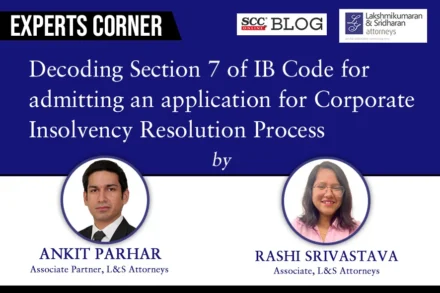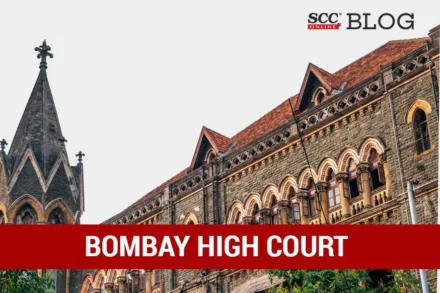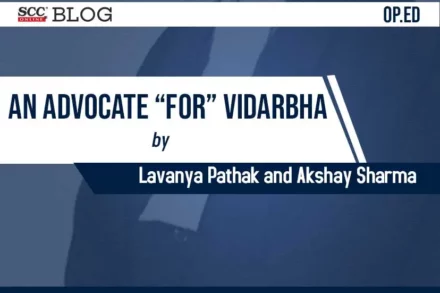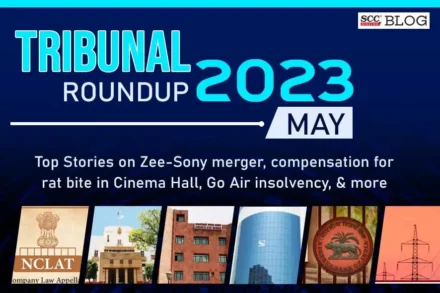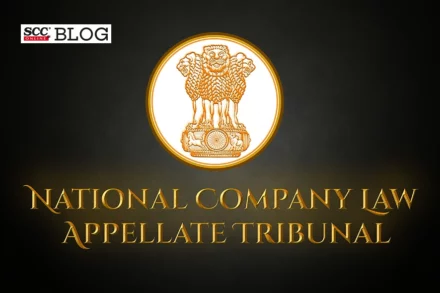
Application under Section 9 of the IBC is not maintainable in absence of strict proof of Debt and Default: NCLAT
“The Proceedings under the IBC, 2016, are summary in character and a trial is not conducted, like that of ‘Civil’ matter, before the ‘Competent Civil Court’.”


